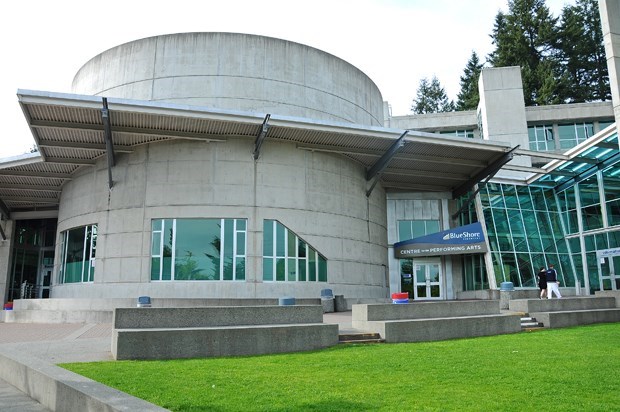Back to school is going to a look and feel a lot more like back to school for Capilano University students this September.
In accordance with the province’s reopening plan for post-secondary schools, CapU is moving the majority of its courses back the classroom and the rest of the usual campus services will be back in person.
“We're super excited and I would say cautiously optimistic,” said Laureen Styles, vice-president academic and provost for the school. “It's about the whole experience. It's about the collegial experience. It really is about a community of learners.”
Styles said, after consulting with students and faculty, there will more options for online learning than there were before the pandemic. For the 2021 academic year, about 65 per cent of the classes are going to be on campus, compared to 90 per cent pre-pandemic.
For the final phase of the reopening, the provincial health directives shift from COVID-19 specifically to limiting communicable disease more broadly. On campus, there will still be a visible emphasis on handwashing, and students and staff will be expected to stay home when sick.
Food, athletics and student services will be back in person, albeit with some protocols in place.
Physical barriers like Plexiglas screens will be gone however, and masks will be optional.
“We're ready to step into change as we need to if and when our local, or regional situation or provincial situation changes,” Styles said. “One of the things that we have learned is that we can adapt and we can do that quickly.”
Styles said they don’t have final enrolment numbers for the new school year yet, but numbers for domestic students stayed strong through the pandemic. International student enrolment was way down last year and that will likely be the case for the next year as well.
After reviewing the plans, Aryanna Chartrand, vice-president external for the Capilano Students’ Union, said there are no immediate red flags.
“Our only priority really has been the safety of our staff, student and community members,” she said. “I think most folks are happy, or at least content with way the university is approaching this.”
Online learning has been a positive experience for many students and the CSU will be working to ensure they continue to have that option, Chartrand said. Many students have dependents or full-time jobs, and Chartrand said she is aware of at least one student with disabilities who was only able to complete their program because of online classes.
“We are excited to see on-campus services available again. We just want to make sure we don't lose this online access,” she said.
There’s also the matter of the drive or long bus ride to Purcell Way.
“That hour that we get to save on the commute is fantastic,” she added.
There’s a diversity of opinion about the return among teachers, said Anthea Mallinson, president of the Capilano Faculty Association, but in many respects it won't be a return to ‘normal.’
“It's really important not to pretend we're just brushing aside this shadow that is now gone, but to really acknowledge all that we've been through and all that we've learned,” she said. “Education has changed. And there are some things we're going to want to keep. We really see this coming fall as a transition.”
Faculty have autonomy over how they deliver their courses and in some cases, particularly with immunocompromised faculty or Indigenous teachers, Mallinson said she expects the university will continue to accommodate them.
“There isn’t a line in the sand. We’re going to support our faculty to feel safe,” she said.



